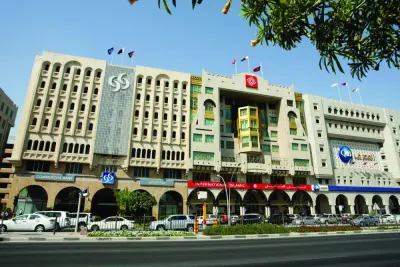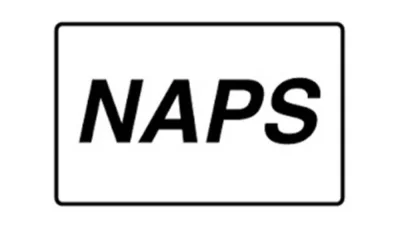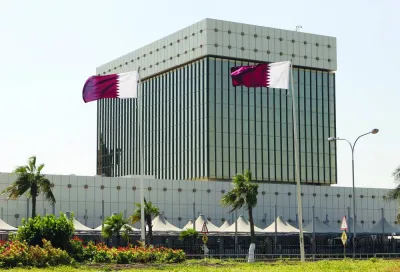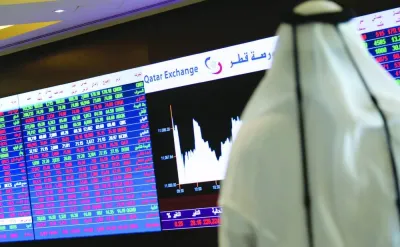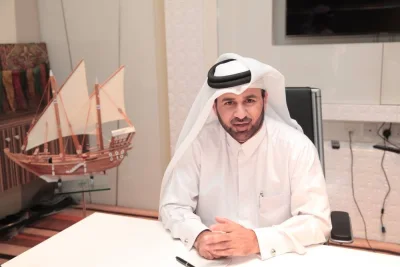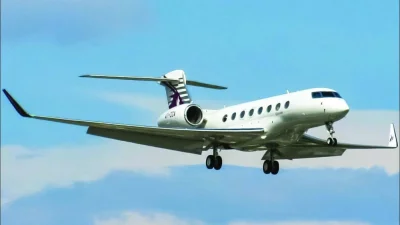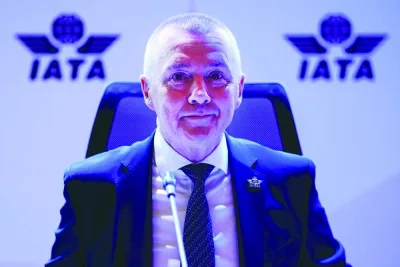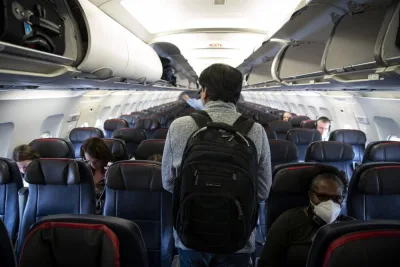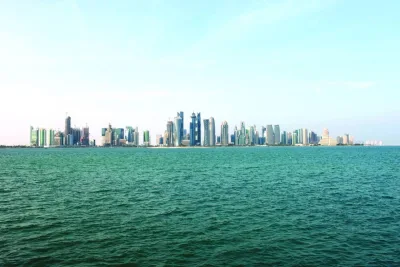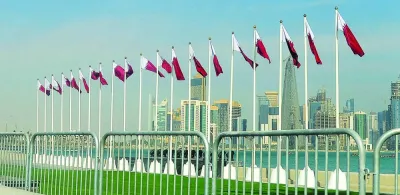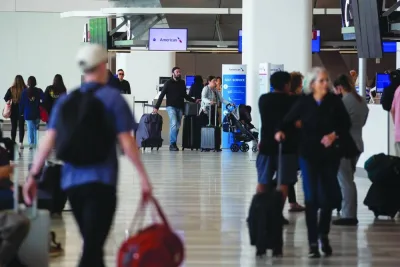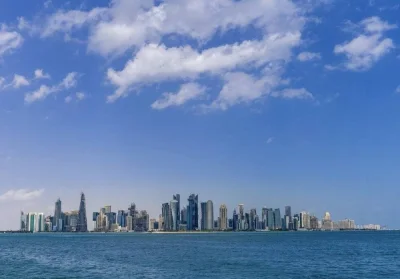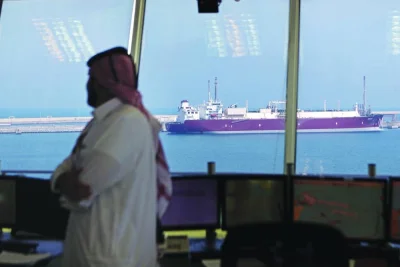Majority of Qatari banks consider “risks from cyber world” has "high to very high risk", Qatar Central Bank (QCB) said in its Financial Stability Report.Vulnerabilities on account of ‘risk from fraud’ is also considered to be reckoned among high risk factors as opined by banks, QCB said in its ‘Risk perception survey – 2022’.The Risk Perception Survey (RPS) was conducted among 16 banks including the Qatar development Bank.The survey collected bank’s opinion on the level of risk on various risk factors. Seven risk factors are provided under ‘global risks’ while six factors are provided under domestic macroeconomic risks.The survey also sought bank’s opinion on various risk elements on ‘credit risk’, ‘liquidity risk’, ‘market risk’ and ‘operational risk’. The risk levels are captured through a five-point ‘Likert scale’ ranging from ‘very low’ to very high’.The responses received on each risk variables are converted into an index ranging from 0 to 100, where zero represents no risk and 100 represents very high risk as per the opinion of the surveyed banks.The heat map on “global risks” suggests uncertainty around Covid-19 pandemic’ is considered as very high risk in 2021.However, the risk levels will have been moderated in 2022 and further reduce in 2023 as expected by the banks.According to QCB, ‘geopolitical uncertainties’ and ‘uneven global recovery’ are considered as next major risks in 2022 and 2023.Among the domestic macroeconomic risks ‘reduction in market liquidity’ is considered as the major risk event by the respondents followed by "volatility in equity market" and "fall in residential/commercial property prices".In 2023, banks consider fall in property prices will be major risk event followed by lower domestic growth.The survey also captured banks perception on the major risk factors from the given set of events pertaining to credit, liquidity, market, and operational risks.Among the given vulnerabilities, “default from real estate developers” and ‘default from large borrowers” are considered by majority of the banks as the major risk factors.“Deposit withdrawal from wholesale depositors” is considered as the major risk factor in case of liquidity risk, QCB said in its 13th Financial Stability Review.“Banks also opined that the risk level due to ‘reduced liquidity inflows from foreign inter- bank market’ may increase in 2022 and 2023. Among market risk factors, interest rate shock from domestic and developed countries are of high risk and the risk level is expected to (have) increased in 2022 and increase in 2023,” QCB noted.

Pratap John
Pratap John is Business Editor at Gulf Times. He has mainstream media experience of nearly 30 years in specialties such as energy, business & finance, banking, telecom and aviation, and covered many major events across the globe.
Most Read Stories

